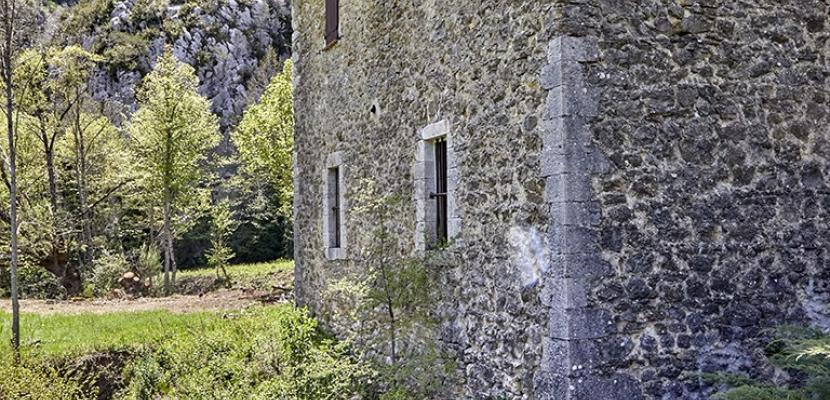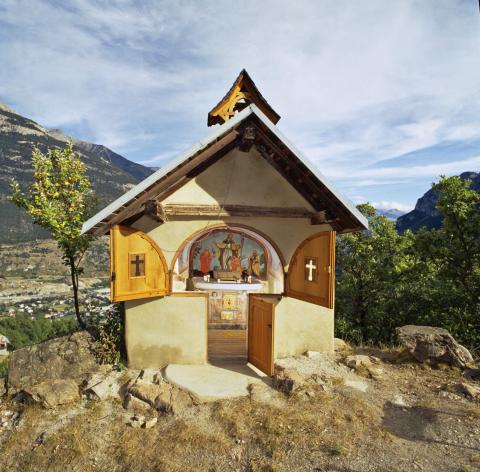
UNPROTECTED SMALL RURAL HERITAGE Regional call

About this good practice
The practice addresses several challenges such as the preservation of small heritage like wash houses, fountains, oratories, chapels, which are out the scope of registered inventory, preservation of landscapes, of local arts & crafts and local businesses whose maintenance is a challenge for rural areas and small municipalities.
Considering that “small” heritage is a crucial asset for small and rural areas, regarding economic and social dynamism, the practice reaches its objective to raise awareness among owners and the public about the future of small rural heritage, encourage targeted heritage restoration and enhancement projects among local heritage stakeholders in order to pass it on to future generations and maintain the know-how and skills in construction and crafts, encourage them to rely on the asset that regional heritage represents in terms of tourist attractiveness and revitalization of territories.
It is implemented through an annual call from the Regional Authority, advisory and selection committees, in partnership with the National Heritage Foundation and its local representatives who have expertise and knowledge on local contexts.
Stakeholders: Region Provence Alpes Côte d’Azur
In partnership with the National Heritage Foundation and its local representatives.
Cities (stakeholders and beneficiaries)
Local crafts and building companies.
Local inhabitants and tourists (beneficiaries)
Local businesses
Resources needed
In terms of human resources, 3 people from the Regional Head Department of Culture and 6 people form the local representatives of National Heritage Foundation are working for this project.
In terms of budget, between 600.000€ and 700.000€ are granted per year.
Evidence of success
This practise is considered as good because of the number of appliances, projects supported and ongoing calls.
Since 2017, the Region supported 195 projects and granted a total amount of 4.247.720 euros.
98 rural chapels, churches, oratories, 28 wash houses and fountains, 21 mills and bread ovens were thus restored, some of which were put back into service, creating moments of conviviality and cohesion during village festivals.
Moreover, some projects could collect other funds (feader).
Potential for learning or transfer
This practice is relevant because consistent with the Interreg objective of “A more social Europe” and the specific objective “Culture and tourism for economic development” in terms of valorisation of heritage and development of tourism, local growth and local crafts.
The call can be easily replicable for regions or smaller public authorities that can identify small heritage without any policy support, public or private.
Regarding the valorisation of cultural and natural heritage, it is a good practice for the implementation of revitalization of small cities, local economic and touristic development.
The innovative strength of the practise rely on the partnership between a regional authority and a national institution dealing with heritage and collecting private funds and donations. This new way of collaborations, between organizations from public or private sector, makes the practice innovative, sustainable and potentially replicable to a different reality and to various scales.
